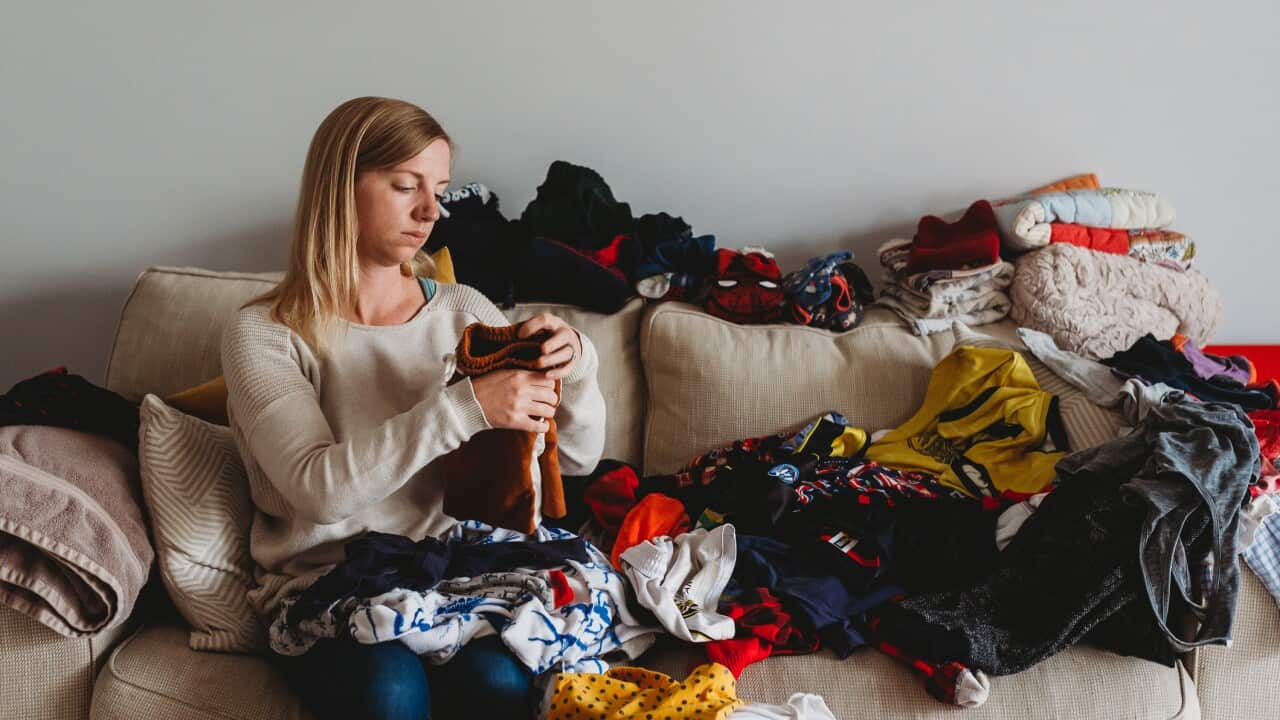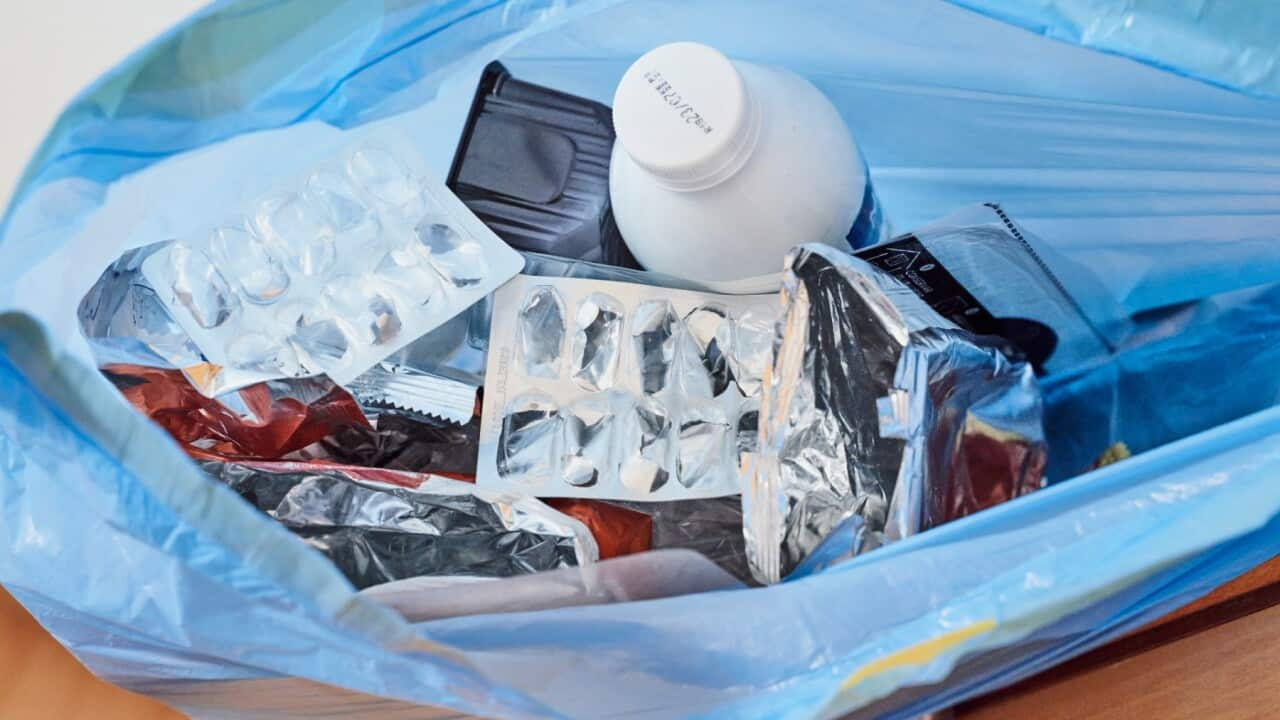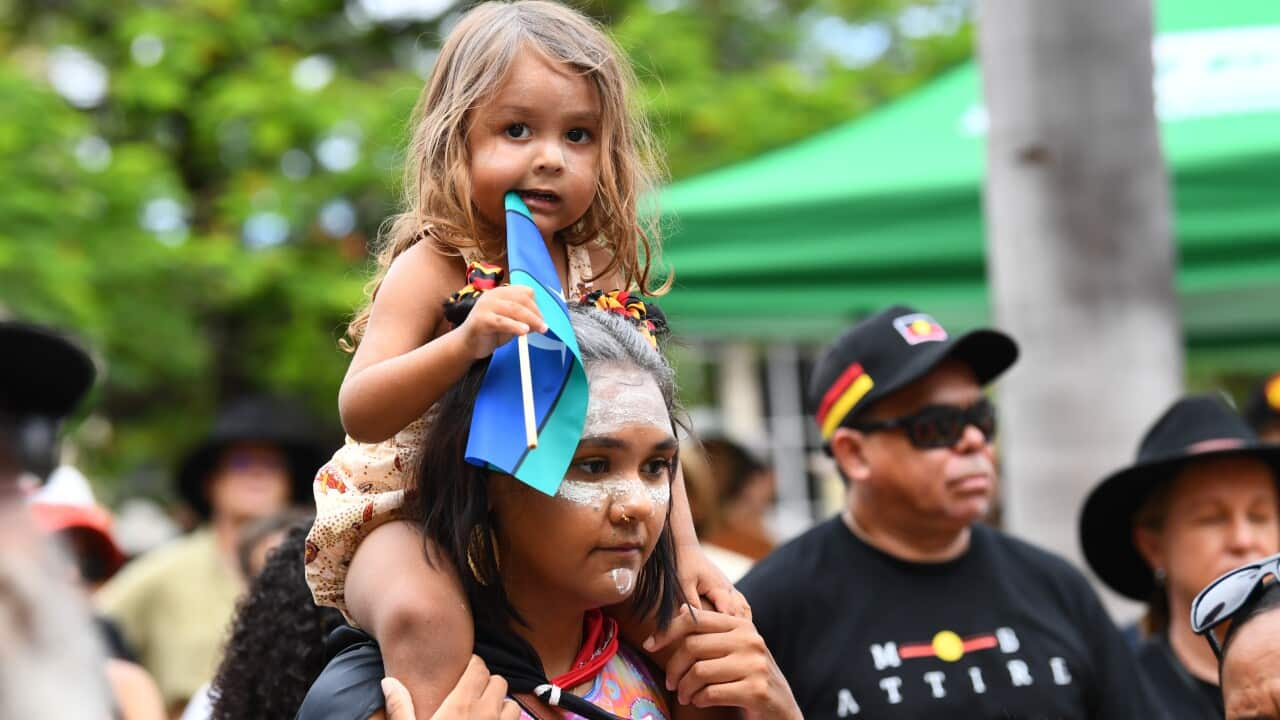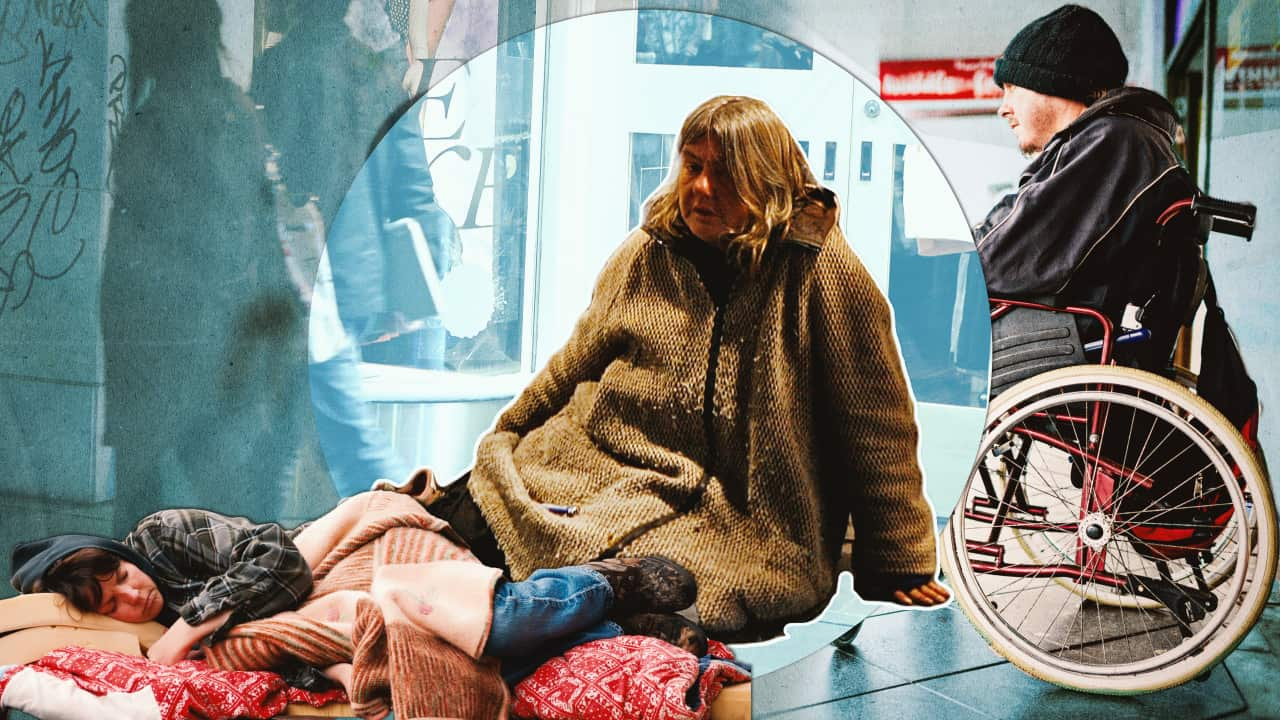Key Points
- Never put clothing in your household recycling bin.
- Some major retailers will accept clothing in any condition for recycling.
- Poor quality clothing donations will end up in landfill at a cost to the charity and the environment.
The Australian Fashion Council reports that we buy an average of 56 new pieces of clothing every year.
Our clothes, particularly , can quickly become worn, damaged or boring, so we must dispose of them responsibly. That means keeping them out of landfills by donating and recycling.
Your recycling bin is not the answer
“The golden rule is not to put clothing, shoes, fabric, sheets or towels or any other text textiles into your curbside recycling bin,” explains Rebecca Gilling, CEO of Planet Ark.
The trouble with textiles going into the bin, apart from the fact that they can't be recycled through those systems, is that they get caught up in the recycling machinery and everything grinds to a halt.Rebecca Gilling, CEO of Planet Ark
For a fee, a business will take your unwanted clothing and arrange for it to be recycled or reused.

Source: Moment RF / Andrew Merry/Getty Images
Donate your clothes to an ‘op shop’
Australians love to donate unwanted clothing to charity. It costs nothing to drop your clothes off at a charity shop – known as an ‘op shop’ – or to place them in a charity bin in your shopping district.
Op shops across Australia generate almost a billion dollars of income for those in need by selling donated clothing.
However, as good as our intentions are, we must be careful what we donate.
“We don't want people to drop things that are unwearable or too worn or out of date because they have to send them to landfill, and that is a cost to them,” Ms Gilling says.
“Charity shops currently spend about $13 million a year disposing of unwanted clothing and items that are dropped off in their bins.”
There’s a simple way to gauge the quality of a donation, according to Omer Soker, CEO of Charitable Recycling Australia.
If you wouldn't give it to a friend, please don't give it to charity.Omer Soker, CEO of Charitable Recycling Australia
- Salvos
- Vinnies
- Australian Red Cross
- Save the Children
- Lifeline
- Anglicare
- Brotherhood of St Laurence
The website also features a ‘reuse impact’ tool to calculate the carbon emissions you prevent with every donation you make.

Workers sorting out clothing at the St Vincent de Paul Society, a major charity recycling clothes, in Sydney. Source: AFP / PETER PARKS/AFP via Getty Images
Drop your clothes off for recycling
If your clothing doesn’t pass the ‘friend test’, look for a recycling program at some of our major clothing retailers.
“H&M have a free recycling program in selected stores for all kinds of clothing and textiles in any condition,” says Ms Gilling.
“Similarly, Zara has a free textile collection program in select stores. Uniqlo has a free recycling program for their own branded clothing in any condition. And Patagonia has a trade-in program for their own pre-loved clothing where customers can return their worn out or damaged clothing for a store credit.”
Your local council may also have a drop-off facility.
Planet Earth accepts donations of sports shoes in NSW, Victoria and Queensland. They are a not-for-profit organisation providing reused running shoes in good condition to those in need across the globe.
Attend a clothes-swapping event
Clothes-swapping events like those hosted by The Clothing Exchange are gaining momentum.
“The clothes swap we’re doing with The Clothing Exchange here in Sydney is a fantastic opportunity for people to bring in clothing that may not fit them anymore, or they might have just fallen out of love with them,” explains Adam Worling, Councillor for the City of Sydney.
It’s fun to clean out your wardrobe while addressing excessive consumption.
“What we're also doing is keeping clothing out of the garbage and actually giving somebody an opportunity to love something that you once loved,” Councillor Worling says.

Ol hangem ol klos long hanga. i gat ol diferen kaen klos mo hanga long wan klos exchange parti. Source: Moment RF / Marissa Powell/Getty Images
Support a circular economy
We need to consider the entire life cycle of our clothing. Charitable Recycling Australia is championing a ‘circular economy’ where we all aim to lower consumption and reuse and recycle wherever we can.
It's really about being a good steward for products.Omer Soker, CEO of Charitable Recycling Australia
“What that means for clothes is buy the items that you really need, make them last, repair them and when it's time to let go of them, donate them to charity so they can find another home if they're in good condition,” Mr Soker says.
“Or if they're in bad condition or need to be disposed of, find an appropriate channel.”











